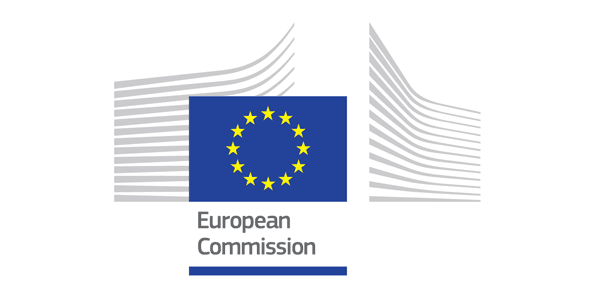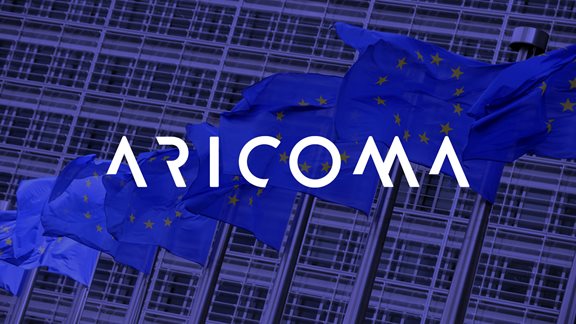Customer profile

Our team worked diligently to upgrade the SQL clusters, positioning the institution for future growth and innovation with the latest technologies. Through our hard work and strategic planning, we ensured minimal disruption during the migration, maintaining operational continuity and enhancing system performance.
Customer Problem
Benefits
- Modernized ICT Infrastructure
- Risk Minimization
- Future Planning
Key Goals
Following the design phase, the team developed comprehensive transition procedures for migrating both databases and applications. This process involved detailed assessments to identify potential issues, the formulation of methodologies to guide the migration, and the creation of detailed runbooks. These steps were designed to minimize disruptions and ensure a smooth transition process, maintaining operational continuity throughout.
Additionally, a thorough Bill of Materials was compiled to support the migration efforts. This inventory included all necessary components such as hardware, software licenses, and other essential resources. The careful compilation of these materials was crucial in ensuring that all aspects of the migration were adequately resourced, facilitating a successful and efficient implementation.
Conclusion
Used technologies
- Microsoft SQL Server 2019 : Database engine storing, processing and retrieving data from/to applications
- Windows Server Failover Clustering (WSFC) : maintains high availability of applications and services in our particular case MS SQL Service
- Always On Availability Groups : feature delivering high-availability and disaster-recovery solution that provides an enterprise-level alternative to database mirroring
DO NOT HESITATE TO
CONTACT US
Are you interested in more information or an offer for your specific situation?





